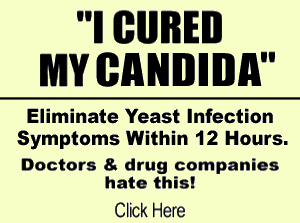EPD To Lessen Yeast Infection Burden
If you have been on the search about the possible treatments of candida caused infections, then you have several times stumbled upon solutions involving alterations in the diet. That is in fact true. One of the aspects that should be focused upon is the food intake of a yeast infected person. That is why, a London based physician Len McEwen, M.D developed a method called Enzyme Potentiated Desensitization (EPD) to put an end to this problem.
The EPD or also known as Immunotherapy is a fairly effective intervention for candida yeast infection. A patient is instructed to refrain from eating generally all yeast and sugar rich food and at the same time be medicated with anti allergy substances in diluted forms usually via oral drops or injections. This will boost their immune system and reduce allergic response. Through time, the EPD was further innovated and is now the new treatment called Low Dose Allergens or LDA.
Basically, the treatment goes like this. Patients will get three injections every couple of months which will run up to two years. The length of time will vary depending on the patients reaction to the therapy. But ten days prior to the first injection, the patients are supplied with an anti fungal intended for systematic candida called Spoaranox and an anti gastric ulcer agent named De – Nol that decreases the ability of the candida to multiply. Then three days prior to the first injection, the patients will be asked to go on fasting where they are required to shun the intake of all allergy causing food. To back up the treatment, supplements will also be taken in such as Zinc, Folic Acid and Vitamin D3 that will further enhance the efficacy of the EPD.
Bear in mind that the effectiveness of EPD is not the same in all patients. Others may experience immediate improvement that will eventually disappear in time while some will be in need of increased doses as a form of maintenance medication. Nevertheless, EPD emphasizes that the treatment is not permanent and only one dimensional since it focuses more on the dietary and allergic reaction linked to the disease. It is still recommended to treat the disease in a holistic manner. But the EPD treatment is still one strand of hope to full recovery.
